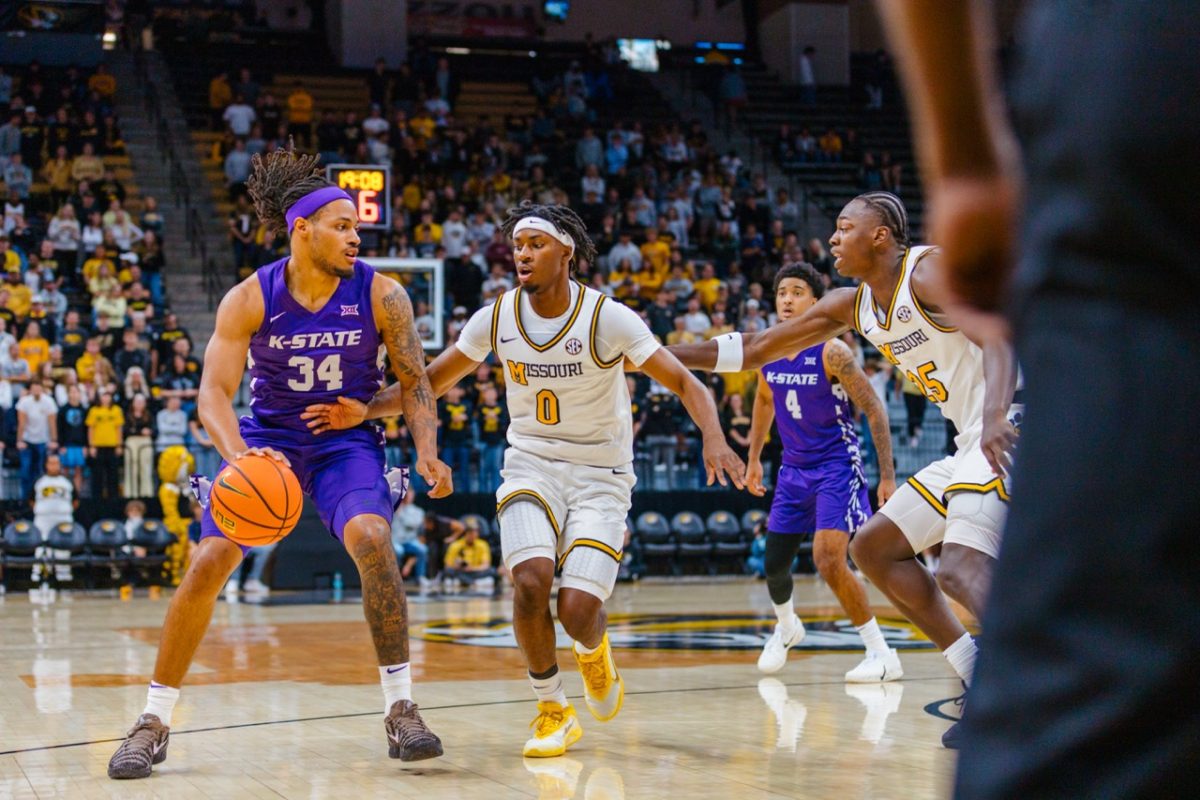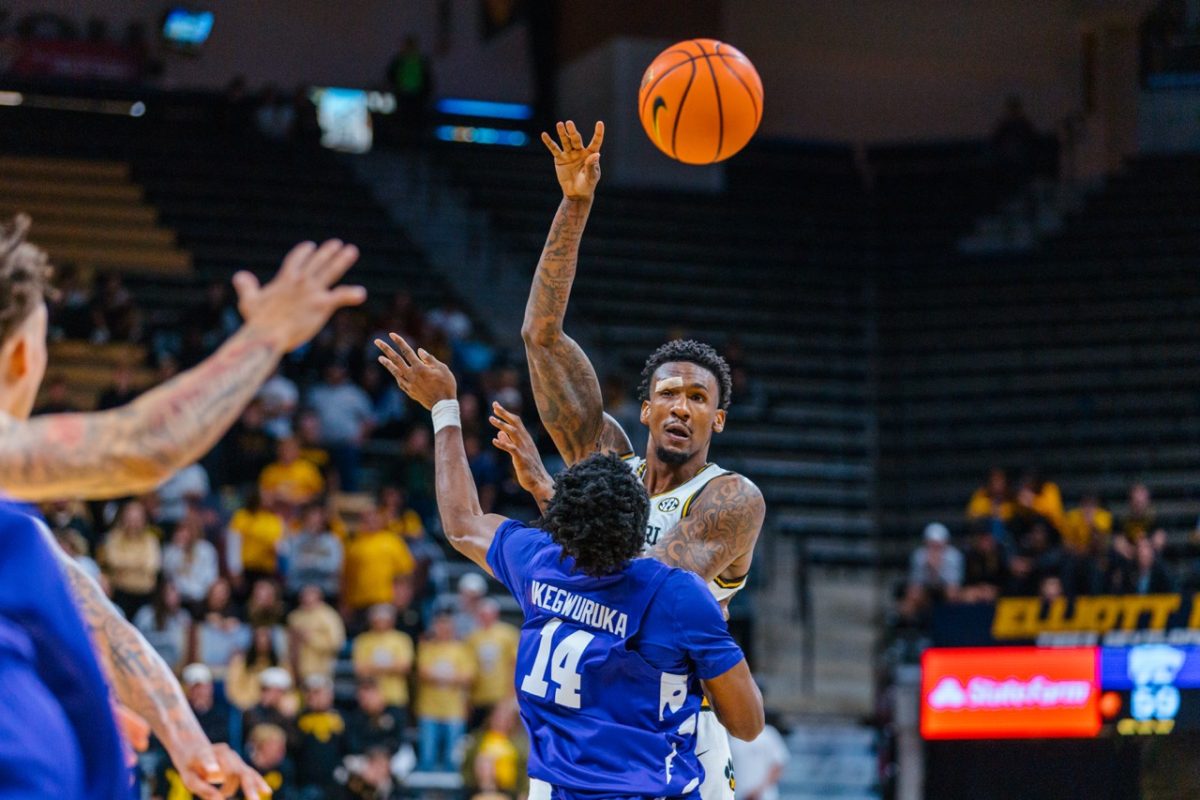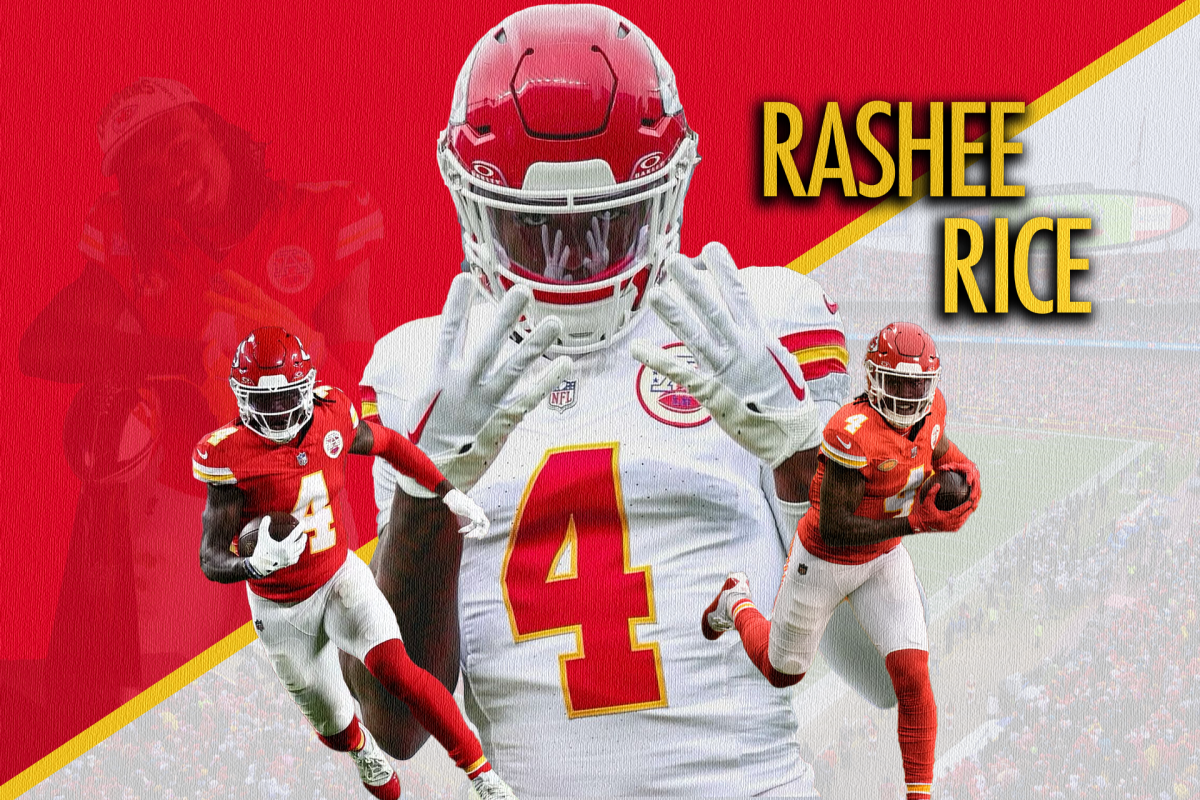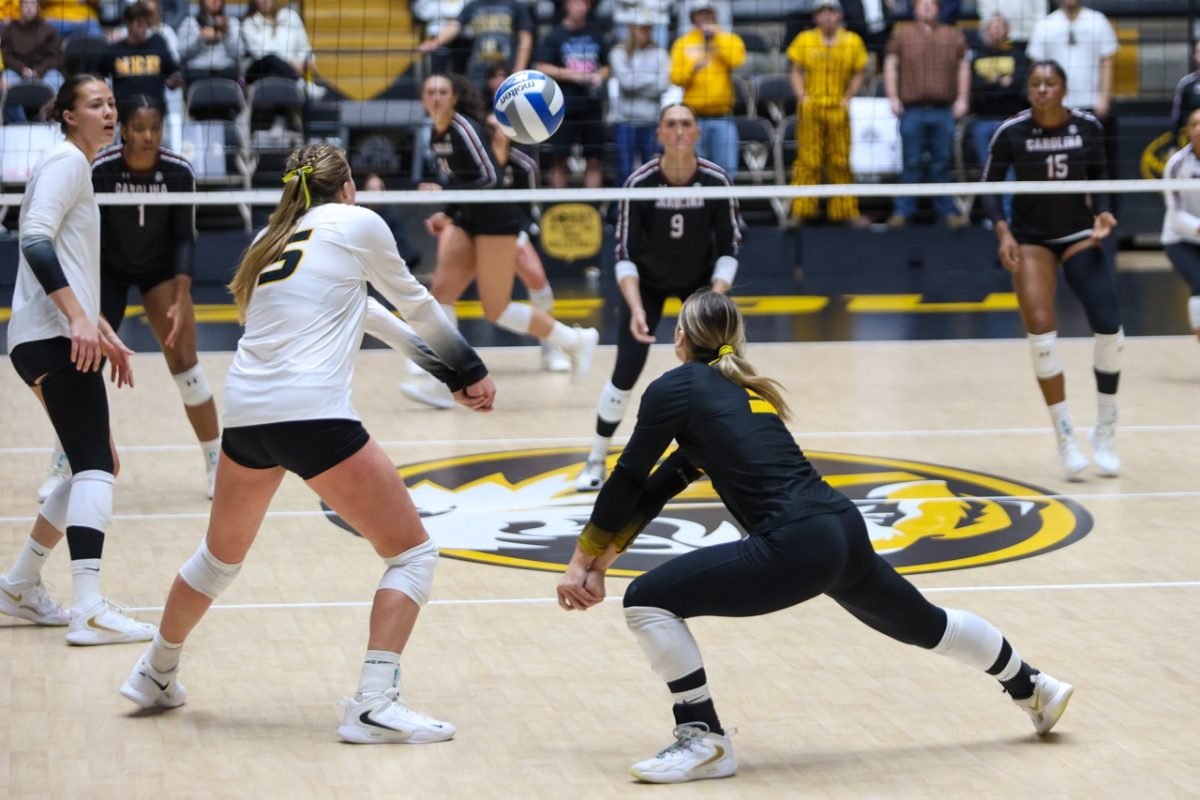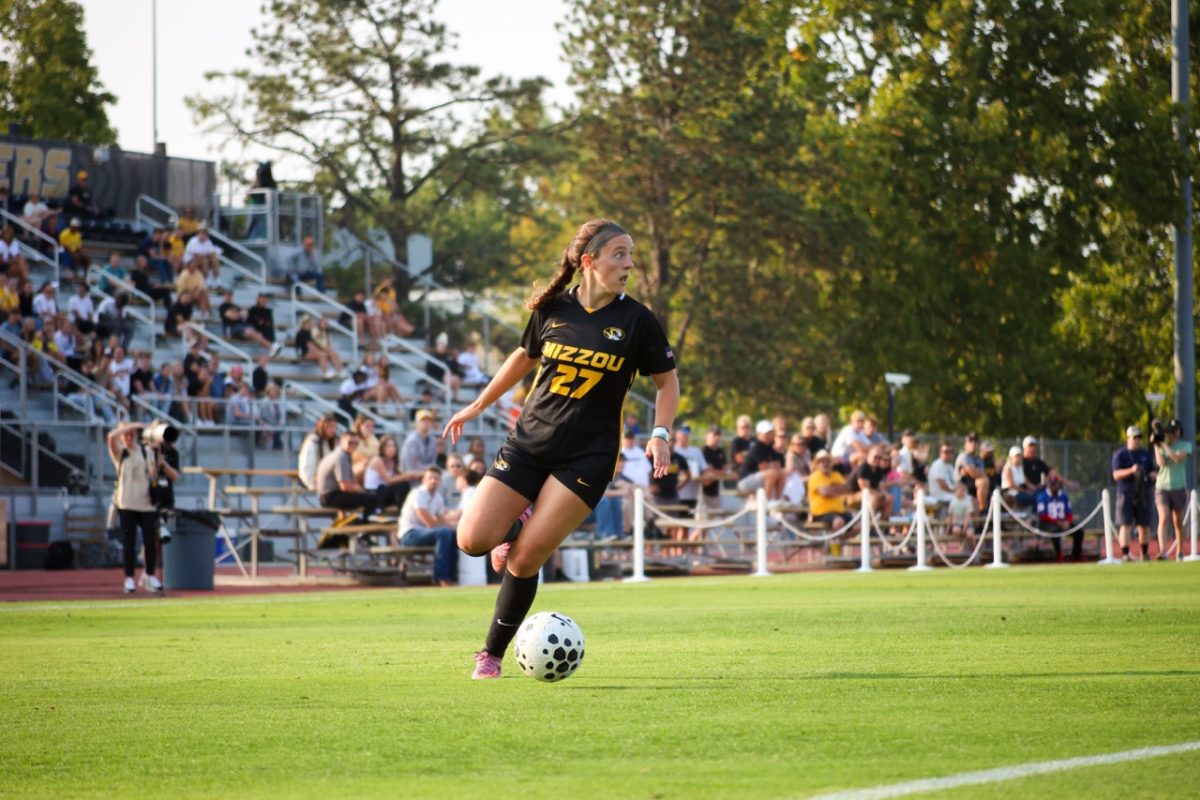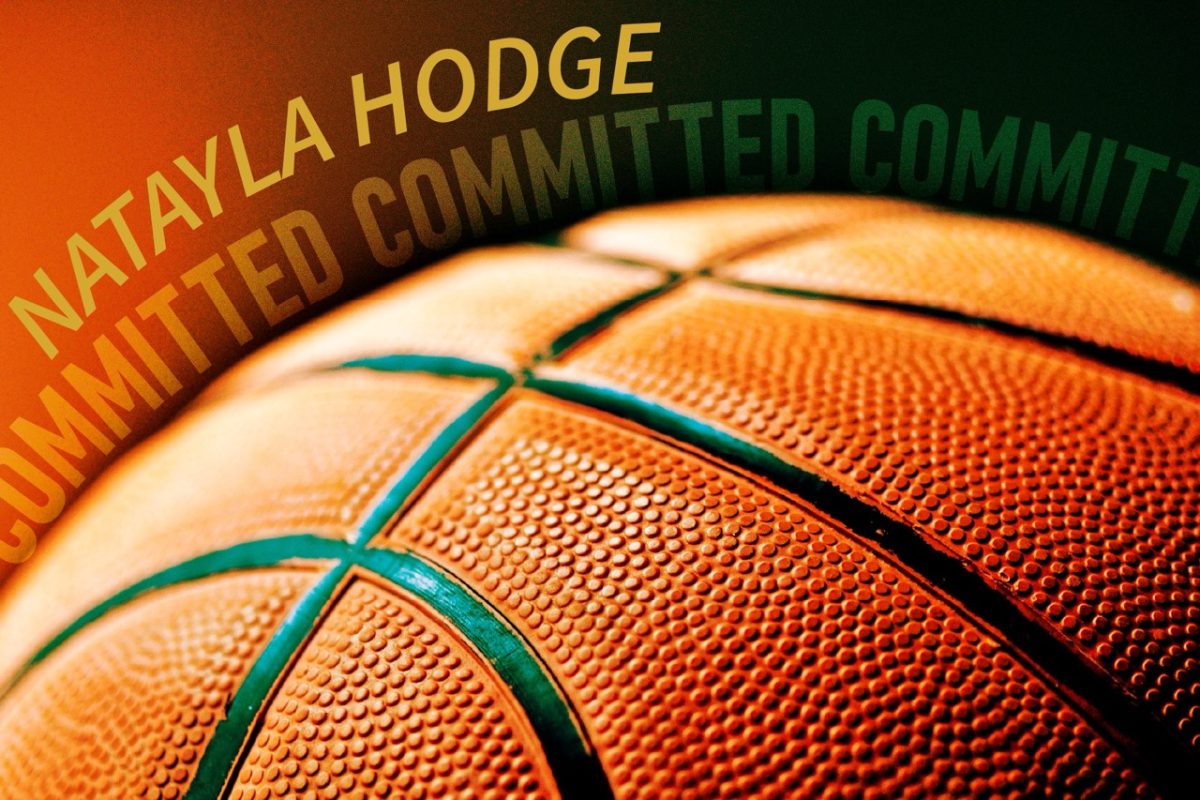On July 26, sophomore receiver Dorial Green-Beckham tweeted a picture from the Mizzou Store. The image showed three Missouri football jerseys hanging on display: one white, one black and one gold, all with swooshes and the No. 15 screen-printed on the front. The caption read, “Now in stores.”
As the national debate on compensating college athletes reaches a boil, a point of contention has been the ability to profit off athletes’ likenesses, and jersey sales are a prime example. Due to NCAA rules, schools are prohibited from selling merchandise with student-athlete’s names on it. So in The Mizzou Store, Tiger jerseys without nameplates fill the shelves.
On video games like EA Sports’ “NCAA Football 2014,” players’ names are embargoed, meaning WR #15, the 6-foot-6 freakish athlete who lines up wide for the Missouri Tigers, cannot be listed as Dorial Green-Beckham.
Legal issues have led EA to discontinue the production of college video games and recent court rulings have declared past players cannot collect past damages against the NCAA but can fight for the right to earn wages for the display of their likenesses in the future.
Each year, jerseys, a prominent use of likenesses, sport new numbers, and a pattern has emerged. Last season, both the football and basketball jerseys read No. 1, the same number worn by each team’s star player.
For basketball, that was junior guard Phil Pressey, who now plays for the Boston Celtics. For football, that was junior quarterback James Franklin, who accounted for 36 touchdowns the previous season.
The most coveted recruit in college football’s 2012 signing class, Green-Beckham was not surprised to see his uniform on sale, though he didn’t get any inside information. He said he was never told that MU would be selling jerseys with his number on them, with the first confirmation coming from seeing the replicas firsthand.
He said he it doesn’t bother him that he doesn’t see any money made from the 15 jerseys, which sell for $90 apiece.
“I’m not frustrated,” Green-Beckham said. “I don’t care about any of the money or stuff like that. I’m just honored, really, because when I see kids out there, that puts a smile on my face. That tells me that, OK, I’m doing the right thing.”
A Nike representative declined to comment on sales figures for specific products.
“We work with the schools to determine which products are available at retail,” Nike spokesman Brian Strong said.
Senior cornerback E.J. Gaines is a projected early-round pick in the NFL Draft this spring, and could have been collecting paychecks by now had he left after his junior year.
Instead, Gaines came back to MU to become the first in his family to earn a college degree. He’s on track to graduate at the end of this semester.
“This wouldn’t have happened without football, so coming here and being able to get my degree means a lot,” Gaines said. “I mean, it wouldn’t have happened without football, so why not get them both?”
Senior guard Max Copeland, who has a family legacy at MU, chose to walk on to Missouri’s football team rather than take football scholarships elsewhere.
Neither say their sacrifice of profit or savings warrants compensation at the collegiate level.
“It’s been enough for me,” Gaines said of his scholarship. “It’s been a blessing either way. I definitely don’t take this for granted. It’s been enough for me, and hopefully I can play at the next level and make even more money.”
Copeland, who turned down scholarship offers to walk-on at Mizzou said he admits that he felt he was burdening his family by walking-on (money was tight) and admitted it was surreal when he told his parents he got a scholarship in the summer of 2012.
“It was very emotional because it was a hard few years here,” Copeland said.
Nevertheless, he still believes athletics at their core shouldn’t involve finances.
“Dude, you know what the perfect version of football is? Football without any money involved whatsoever,” Copeland said. “That’s the true form of football. Until money is gone from football, football will never be truly pure…. If I were to create a utopian environment for a football player, money would not be involved.”
_Jack Witthaus contributed to this report._


